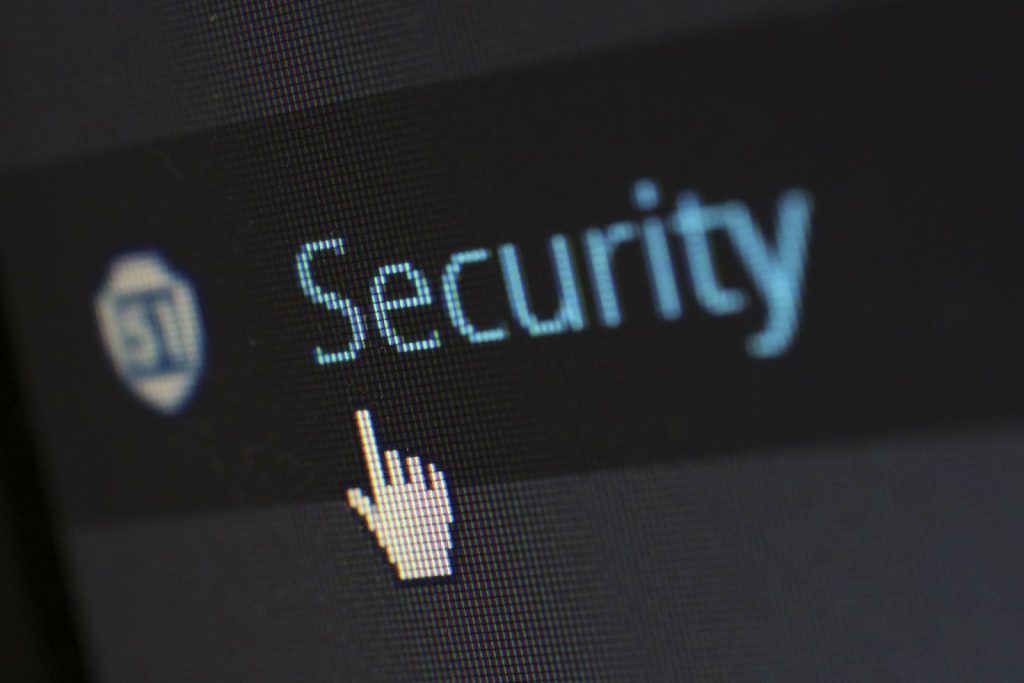The problem with computers at work is that they may not receive as much attention as those that people have at their homes. Therefore, it is possible that such a computer will become a target for cybersecurity threats. It is fine if there is an IT guy who keeps a constant check on every computer to make sure that they are not prone.
However, not every workplace has a dedicated IT specialist, meaning that each employee needs to take care of a computer that was provided by their employer.
Add the fact that there might be some coworkers who are not that tech-savvy, and they will seek help from someone they know and trust. That someone could be you. Thus, it is important to know how to take care of a work computer and avoid potential malware attacks.
Contents
Tip #1 – Remove Search History
It may seem like a bit of a stretch, but some search engines lead to viruses attacking your computer. Yahoo, for example, with its redirect virus.
If you know how to get rid of yahoo search, dealing with such a problem should not be too difficult. It depends on the browser you use, but the idea is pretty much the same on most internet browsers.
Go to the browser’s settings and find the internet history. Delete it permanently and restart the browser to make sure that the browsing history is gone.
The simplest solution is to avoid using the search engine altogether. Set Google as the default search engine on a computer. You could even block Yahoo to avoid someone potentially using it again on a computer.
Tip #2 – Install Reliable Antivirus

A reliable anti-malware tool should be on every computer. Such software detects and deletes potential threats before they infect the system.
Paying for antivirus is unnecessary as there are plenty of free options. Look for reviews online or get in touch with tech-savvy people who may give you a piece of advice on getting a proper antivirus for your work computer.
Tip #3 – Use VPN Services
Virtual private networks come in handy when you want to improve online security and privacy. First, a VPN encrypts browsing history and makes it difficult to access the history for potential attackers.
Besides, these networks mask your IP address and create another obstacle that hackers need to overcome if they want to threaten your computer while you are surfing the net.
Tip #4 – Encourage Proper Password Policy
Having a proper password policy protects your computer and personal information. For starters, make sure that the computer’s password is not easy to figure out. If someone were to access your profile, who knows what they might do.
Other than the computer itself, you should also use difficult combinations for online accounts, including social media and emails.
In case you cannot come up with difficult passwords yourself, take advantage of available password generators online that come up with combinations for you.
Tip #5 – Avoid Shady Websites
As a rule of thumb, you should avoid shady websites. If a link you receive seems suspicious, ignore the URL instead of clicking on it.
Getting an ad blocker is another good piece of advice. There are websites that run an aggressive ad policy, and clicking on such an ad redirects you to a landing page that is full of malware. In some cases, even reliable antivirus software may not be enough to prevent such threats from infecting the computer.
On the other hand, if you use an ad blocker on an internet browser, you will not encounter ads and have a better overall browsing experience in addition to protecting your computer.
Tip #6 – Back up Important Data

Data backups are not a direct way to prevent malware and other cybersecurity threats. However, it is still recommended to create data backups regularly and have a file copy if something happens to the computer hardware. And it is not just the computer data that you should back up regularly. Smartphones, tablets, and any other devices should have a backup.
Now, as for how to create data backups, there are two options. The first is to get an external device, like a hard drive. The second is to transfer files to cloud storage.
Tip #7 – Keep the OS Updated
Do not mistake operating system updates as something that only improves the overall computer performance and introduces new features. No, there are instances when an OS update also boosts the device’s security, particularly when developers react to the latest threats and release hotfixes before threats infect computers.
Therefore, even if an OS update may need some time to download and install, you should prioritize them and make sure that the computer has the latest operating system version.
Thank you for visiting techowns.com.



